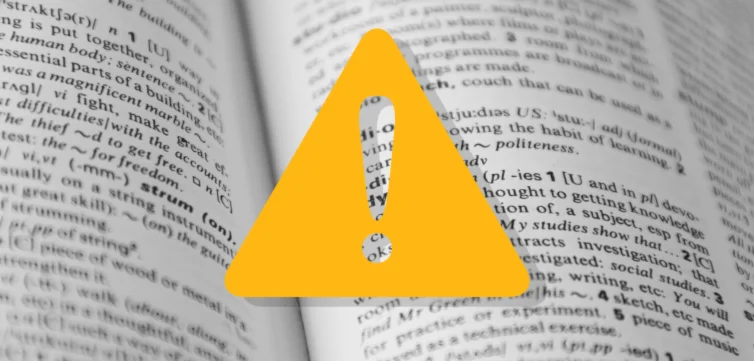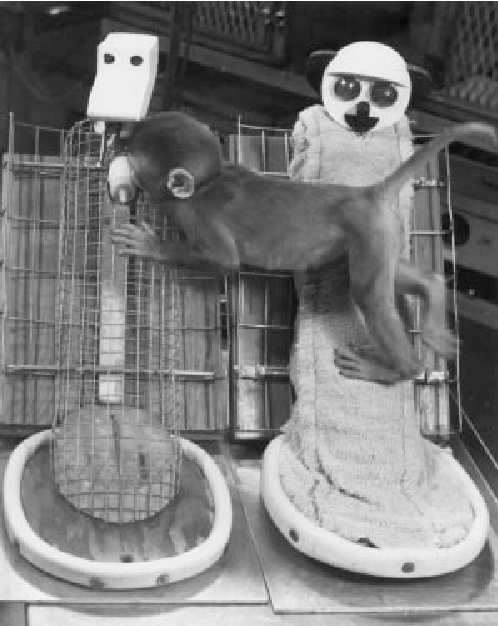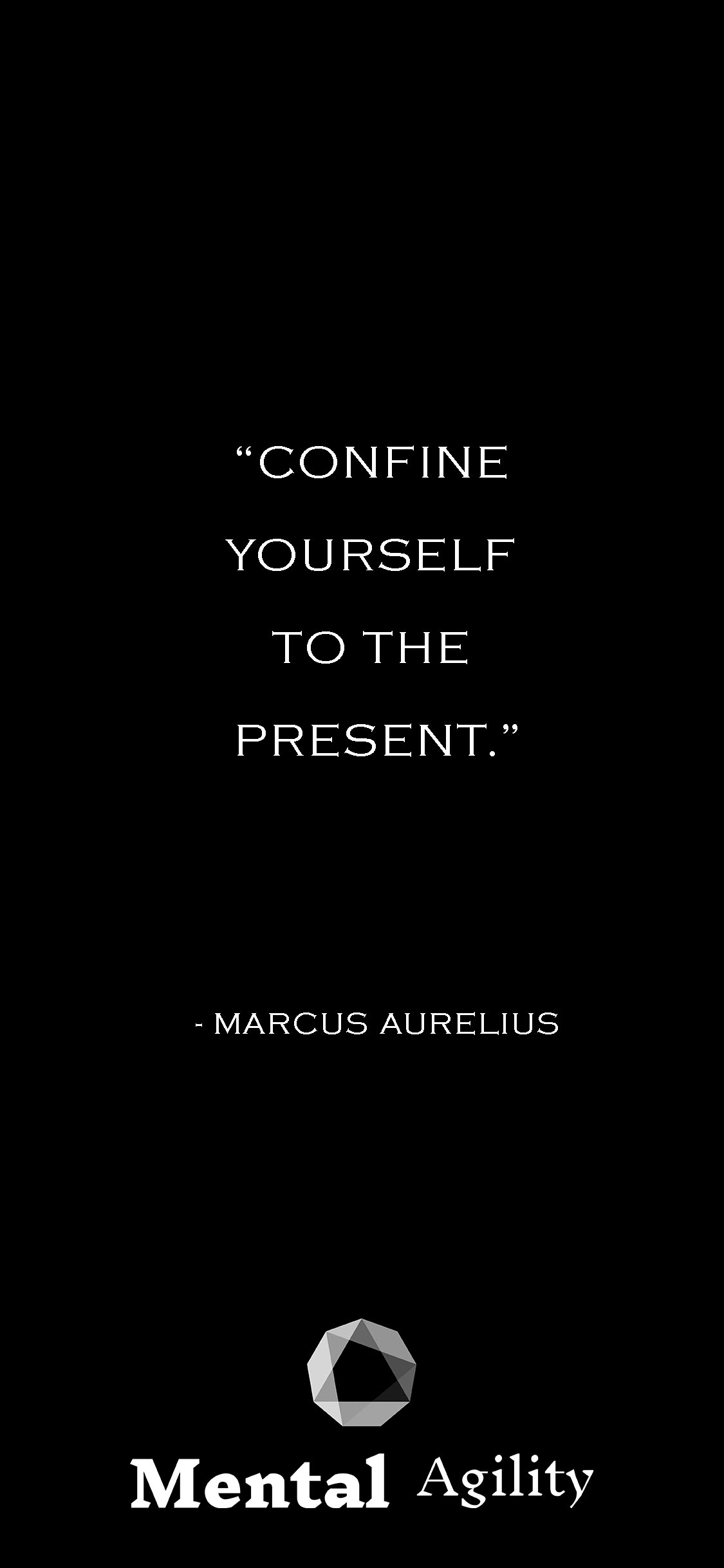I did not attempt suicide because I was depressed. I tried to end my life because of unbearable shame.
To paraphrase Thomas Joiner, a person’s risk of suicide increases with a corresponding increase in the belief that they are a burden to others and a decrease in perceived belongingness. If a person gains confidence in their ability to self-harm, then the risk of suicide becomes even greater.
You’ll notice that “being sad” is not a variable in his equation for suicide risk. That is because it IS NOT about being sad. We all get sad. We get the blues. We feel down.
Then our friends take us out, or our mother calls and we feel a little better.
Imagine how awful you would feel if you were grieving the loss of someone close to you, and you had no one to talk with. Even worse, you feel compelled to keep your feelings a secret because you do not want to burden other people with your problems.
When someone dies, every culture on Earth has their own process for grieving as an individual and as a community.
When someone gets physically sick, they are cared for by friends, family, and professionals if needed.
When someone is mentally ill, they are ostracized. They are whispered about. They are taken out of public view.
We are social creatures. Our roots are our family, our friends, branches, and our work and interests are the leaves.
Imagine, feeling no pleasure in your work or your favorite hobby… the leaves wither and fall.
Imagine, being compelled by distorted thinking that you cannot tell your friends… the branches become brittle.
Imagine, lying to your closest family members because you cannot bear causing them pain… the roots shrivel.


























